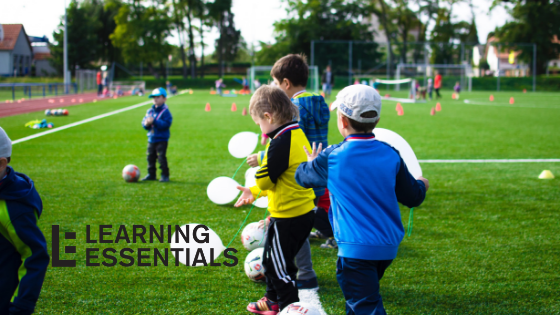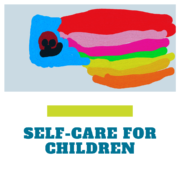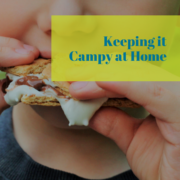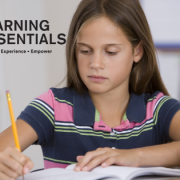Dealing with School Drama at Home, Part I
While the middle and high school years are most notably fraught with drama, elementary-aged children are also seeing their fair share of peer disputes and social squabbles. More often than not, drama that occurs during the school day makes its way home with students. Like gum on the bottom of a sneaker, a social issue with a peer tends to latch on and attract more dirt and grime throughout the day, only to become an even bigger issue later on. Since the prevalence of peer issues truly reaches all age groups, it is important that parents have plenty of strategies and tools to utilize when drama rears its ugly head.
Avoid fueling the fire or taking on the emotional burden. This is easier said than done because, of course, as a parent, your instinct is to defend and protect by immediately taking your child’s side. However, this instinctual defense mode could simply cause your child’s emotions to become even more dramatic. Instead, use these conversations as an opportunity to diffuse the situation simply by listening. Merely talking about the issue can bring about a level of comfort, so act as the sounding board, not the hype girl.
Try not to downplay your child’s feelings with phrases like, “Everyone deals with drama,” or “It’s not that serious.” Your perspective is helpful, but not when it serves to discredit or minimize your child’s feelings. As adults, we can easily forget how these moments in school felt like the end of the world. Compared to our real world drama we get to experience in adulthood, these quarrels may seem like nothing, but to your child, they are a big deal. Therefore, it is important that they feel heard.
You want to be sure that you are not pressuring your child about maintaining or discontinuing a friendship one way or another. It is perfectly helpful for parents to give advice when it comes to friendships, but often times, you may find yourself saying things like, “You two have been friends for years, why let something like this ruin that?” Or, “Our families have known each other since before you were born, you should really try to work this out.” You must allow children to make their own judgement call when it comes to friendship drama; you also want to avoid minimizing their feelings by simply telling them to work it out for your own sake. Furthermore, just because the “close family friends” scenario is convenient, it does not mean that your children are naturally going to get along with your friends’ children.
Help them take their mind off of the drama by expanding their circle to include new peers and activities. Ask about neighborhood friends, after-school activities, weekend extracurricular opportunities, and clubs they may want to join. Sometimes a little “friendship break” is all it takes to breathe, regroup, and reset the relationship. In the interim, it is helpful for children and teens to have different options for socializing—casting a wider net ensures that drama can be avoided simply by socializing with other peer groups from time to time.









